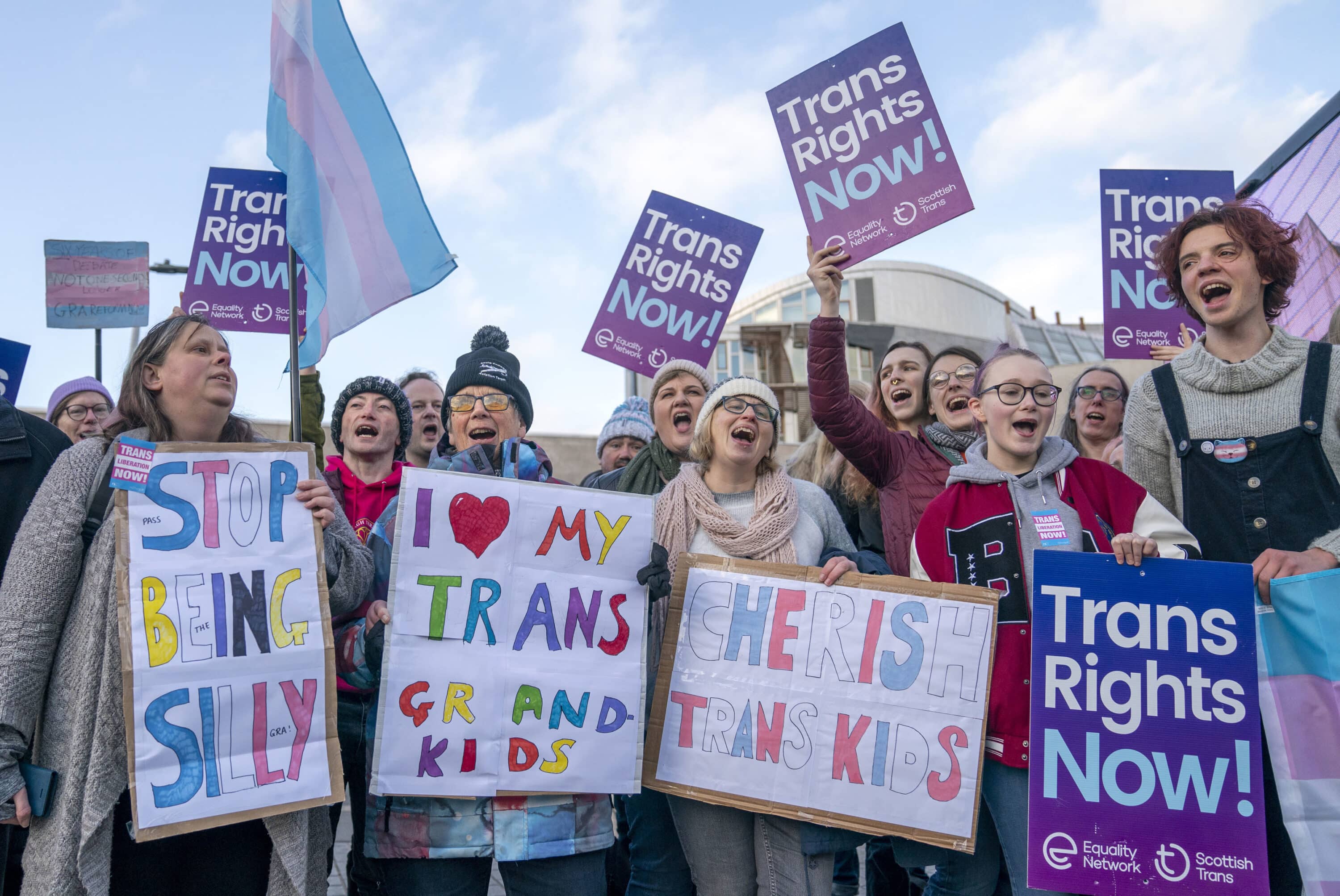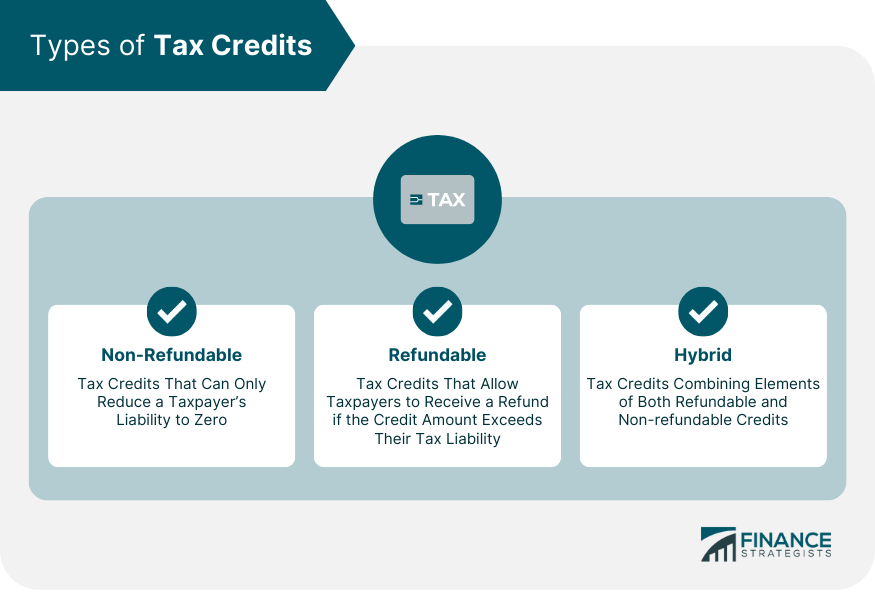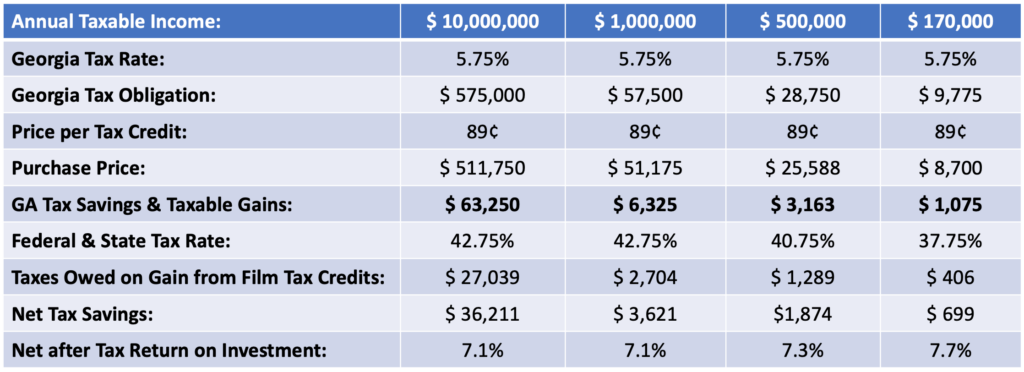Legal Definition Of Woman In The UK: Analysis Of Its Impact On Transgender Rights

Table of Contents
Current Legal Frameworks and the Absence of a Singular, Explicit Definition
The UK lacks a single, codified definition of "woman" applicable across all legislation. The term appears in numerous Acts and regulations, but its interpretation varies depending on context, often relying on biological sex as determined at birth. This absence of a clear, consistent definition creates significant challenges, particularly for transgender individuals seeking legal recognition and protection.
- Examples of legislation using sex as a defining factor: Equal Pay Act 1970, certain benefits legislation relating to maternity leave and state pensions. The reliance on biological sex in these contexts often excludes transgender women.
- Challenging interpretations of "woman": Numerous cases have challenged the interpretation of "woman" in specific legal contexts, leading to inconsistent rulings and highlighting the need for legislative clarity. These cases often involve access to services or protection from discrimination.
- The role of case law: Case law plays a significant role in shaping the understanding of "woman" in the UK, but this approach lacks the consistency and predictability of a clear statutory definition. Judicial interpretations can vary, leading to uncertainty and inequality.
The Gender Recognition Act 2004 (GRA) and its Limitations
The Gender Recognition Act 2004 (GRA) provides a legal mechanism for transgender individuals to obtain a Gender Recognition Certificate (GRC), allowing them to legally change their gender. However, the GRA's limitations have been widely criticized:
- Requirement for a diagnosis of gender dysphoria: This necessitates a medical diagnosis, which can be a barrier for some transgender individuals.
- Two-year living requirement: Applicants must have lived in their acquired gender for at least two years before applying for a GRC.
- "Living in acquired gender" stipulation: This requirement is often subjective and open to interpretation, potentially causing further complications.
The GRA, while offering a pathway to legal gender recognition, is considered by many to be insufficient in fully protecting transgender rights. Many argue that it is outdated and does not reflect the evolving understanding of gender identity. Calls for reform or complete replacement of the GRA are growing louder.
- Impact of GRC: A GRC alters legal sex for most purposes, but it doesn't automatically grant access to all gender-specific rights or services. Certain exemptions still exist depending on the specific legislation.
- Criticisms of the GRA: The GRA's limitations have been widely criticized for failing to fully protect transgender individuals from discrimination and for perpetuating a medicalized view of gender identity.
- Calls for reform: Many advocate for self-identification as a more equitable and inclusive approach, eliminating the need for medical intervention and lengthy processes.
Impact on Access to Services and Protection from Discrimination
The lack of a clear legal definition of "woman" significantly impacts transgender individuals' access to services and protection from discrimination. This lack of clarity leads to inconsistent application of laws and regulations.
- Discriminatory practices: Transgender women often face discrimination in accessing healthcare, particularly gender-affirming care, and in accessing services like changing rooms or women's shelters. Similarly, in sports, participation is increasingly contested.
- Legal battles: Numerous cases demonstrate the legal battles transgender individuals face to access services or protection from discrimination based on differing interpretations of "woman".
- Equality legislation: While equality legislation aims to protect against discrimination, its effectiveness is undermined by the absence of a clear definition of "woman," leading to difficulties in proving discrimination.
The Ongoing Debate and Potential Solutions
The central debate revolves around self-identification versus maintaining a legal definition tied to biological sex. Proponents of self-identification argue it respects individual autonomy and aligns with modern understandings of gender. Opponents express concerns about the potential impact on women's rights and spaces.
- Proposed reforms: Proposed reforms range from amending the GRA to allow for self-identification to creating entirely new legislation to address gender identity more comprehensively.
- Consequences of proposed solutions: Each proposed solution carries potential consequences, including the need to balance the rights and needs of transgender individuals with the concerns of other groups.
- Involvement of advocacy groups: Organizations such as Stonewall and others are actively involved in advocating for legislative changes and raising awareness of these crucial issues.
Conclusion: Redefining the Future: Towards a More Inclusive Legal Definition of Woman in the UK
The legal definition of "woman" in the UK remains a complex and contested area, significantly impacting transgender rights. The absence of a clear, consistent definition creates inequalities and fuels ongoing debate. To ensure fairness and inclusivity, a thoughtful and inclusive approach to updating the legal framework is vital. We need to move beyond a binary understanding of gender and find solutions that respect both transgender rights and the needs of other groups. Research the latest legislative developments and participate in relevant public consultations regarding the legal definition of woman in the UK and its effect on transgender rights. Your engagement is crucial in shaping a more just and equitable future.

Featured Posts
-
 Minnesota Film Production The Impact Of Tax Credits
Apr 29, 2025
Minnesota Film Production The Impact Of Tax Credits
Apr 29, 2025 -
 The Role Of Tax Credits In Growing Minnesotas Film Industry
Apr 29, 2025
The Role Of Tax Credits In Growing Minnesotas Film Industry
Apr 29, 2025 -
 Solving The Nyt Crossword Strands Clue Help For Puzzle 360 Feb 26th
Apr 29, 2025
Solving The Nyt Crossword Strands Clue Help For Puzzle 360 Feb 26th
Apr 29, 2025 -
 Convicted Cardinal Challenges Conclave Eligibility Rules
Apr 29, 2025
Convicted Cardinal Challenges Conclave Eligibility Rules
Apr 29, 2025 -
 Cost Cutting Measures Rise As U S Companies Face Tariff Uncertainty
Apr 29, 2025
Cost Cutting Measures Rise As U S Companies Face Tariff Uncertainty
Apr 29, 2025
Latest Posts
-
 Our Yorkshire Farm Has Anything Changed Between Amanda And Clive Owen
Apr 30, 2025
Our Yorkshire Farm Has Anything Changed Between Amanda And Clive Owen
Apr 30, 2025 -
 Our Yorkshire Farm Reuben Owen Gives Update On The Family
Apr 30, 2025
Our Yorkshire Farm Reuben Owen Gives Update On The Family
Apr 30, 2025 -
 Amanda And Clive Owen A Look At Their Ongoing Relationship On Our Yorkshire Farm
Apr 30, 2025
Amanda And Clive Owen A Look At Their Ongoing Relationship On Our Yorkshire Farm
Apr 30, 2025 -
 Our Yorkshire Farm Siblings Reuben Owen Shares Family News
Apr 30, 2025
Our Yorkshire Farm Siblings Reuben Owen Shares Family News
Apr 30, 2025 -
 Amanda Owen Addresses The Strains Of Farming And Family
Apr 30, 2025
Amanda Owen Addresses The Strains Of Farming And Family
Apr 30, 2025
